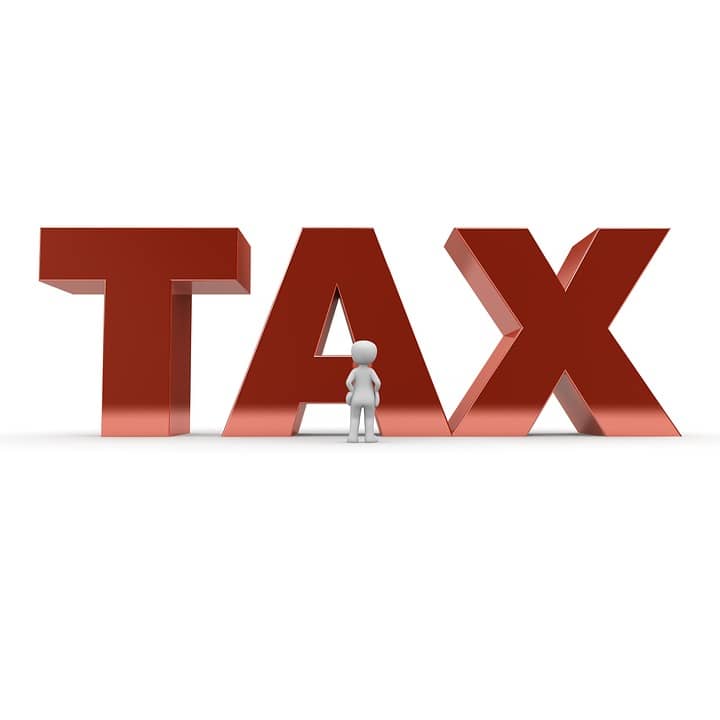The Future of Cryptocurrency Tax Reporting: Trends, Tools, and Best Practices for a Changing Landscape
As the cryptocurrency market continues to evolve, so too do the regulations surrounding its taxation. For US citizens, the Internal Revenue Service (IRS) has made it clear that cryptocurrency is considered property, not currency, and as such, it is subject to capital gains tax. This has led to a growing need for accurate and efficient tax reporting tools and best practices. In this article, we will explore the current trends, tools, and best practices for cryptocurrency tax reporting, as well as the future outlook for this rapidly changing landscape.
Current Trends in Cryptocurrency Tax Reporting
In recent years, the IRS has increased its scrutiny of cryptocurrency transactions, and the need for accurate tax reporting has become more pressing. The IRS has issued guidance on the taxation of cryptocurrency, including the requirement to report capital gains and losses on Form 1040. Additionally, the IRS has issued guidance on the treatment of cryptocurrency as property, rather than currency, for tax purposes.
As a result, cryptocurrency exchanges and tax preparation software providers have developed tools and services to help individuals and businesses accurately report their cryptocurrency transactions. These tools include:
- Cryptocurrency exchanges: Many cryptocurrency exchanges, such as Coinbase and Kraken, offer tax reporting tools that allow users to generate 1099-B forms, which report capital gains and losses.
- Tax preparation software: Tax preparation software providers, such as TurboTax and H&R Block, have developed tools and services specifically designed for cryptocurrency tax reporting.
- Third-party tax reporting services: Companies like CryptoTrader.Tax and CoinTracking offer tax reporting services that allow users to import their cryptocurrency transactions and generate tax reports.
Best Practices for Cryptocurrency Tax Reporting
To ensure accurate and efficient tax reporting, it is essential to follow best practices. These include:
- Keep accurate records: Keep detailed records of all cryptocurrency transactions, including dates, amounts, and descriptions.
- Use tax reporting tools: Utilize tax reporting tools and services to generate accurate tax reports and minimize errors.
- Consult a tax professional: Consult with a tax professional or accountant to ensure compliance with IRS regulations and to take advantage of available tax deductions and credits.
- Stay up-to-date with IRS guidance: Stay informed about changes to IRS guidance and regulations regarding cryptocurrency taxation.
Future Outlook for Cryptocurrency Tax Reporting
As the cryptocurrency market continues to evolve, it is likely that the IRS will continue to issue guidance and regulations regarding its taxation. Some potential trends and developments that may impact cryptocurrency tax reporting include:
- Increased scrutiny: The IRS may increase its scrutiny of cryptocurrency transactions, leading to a greater need for accurate and detailed tax reporting.
- New tax reporting requirements: The IRS may issue new tax reporting requirements, such as the requirement to report cryptocurrency transactions on Form 8949.
- Development of new tax reporting tools: Tax preparation software providers and third-party tax reporting services may develop new tools and services to help individuals and businesses accurately report their cryptocurrency transactions.
- Increased use of blockchain technology: Blockchain technology may be used to create more secure and transparent tax reporting systems.
Conclusion
Cryptocurrency tax reporting is a complex and rapidly evolving field, and it is essential for individuals and businesses to stay informed and up-to-date with the latest trends, tools, and best practices. By following best practices and utilizing tax reporting tools and services, individuals and businesses can ensure accurate and efficient tax reporting and minimize errors. As the cryptocurrency market continues to evolve, it is likely that the IRS will continue to issue guidance and regulations regarding its taxation, and it is essential to stay informed and adapt to these changes.
FAQs
Q: What is the IRS’s stance on cryptocurrency taxation?
A: The IRS considers cryptocurrency to be property, not currency, and as such, it is subject to capital gains tax.
Q: What forms do I need to report my cryptocurrency transactions?
A: You will need to report your cryptocurrency transactions on Form 1040 and may also need to report them on Form 8949.
Q: What are the penalties for not reporting my cryptocurrency transactions?
A: Failure to report cryptocurrency transactions can result in penalties, including fines and even criminal prosecution.
Q: Can I deduct my cryptocurrency losses on my tax return?
A: Yes, you may be able to deduct your cryptocurrency losses on your tax return, but you will need to consult with a tax professional or accountant to determine eligibility.
Q: What are some popular tax reporting tools and services for cryptocurrency?
A: Some popular tax reporting tools and services for cryptocurrency include Coinbase, Kraken, TurboTax, H&R Block, CryptoTrader.Tax, and CoinTracking.
Q: Do I need to report my cryptocurrency transactions to the IRS?
A: Yes, you are required to report your cryptocurrency transactions to the IRS on your tax return.
Q: Can I use blockchain technology to report my cryptocurrency transactions?
A: Yes, blockchain technology may be used to create more secure and transparent tax reporting systems in the future.
Q: How do I stay up-to-date with IRS guidance and regulations regarding cryptocurrency taxation?
A: You can stay up-to-date with IRS guidance and regulations regarding cryptocurrency taxation by visiting the IRS website and subscribing to their newsletter.

Leave a Reply